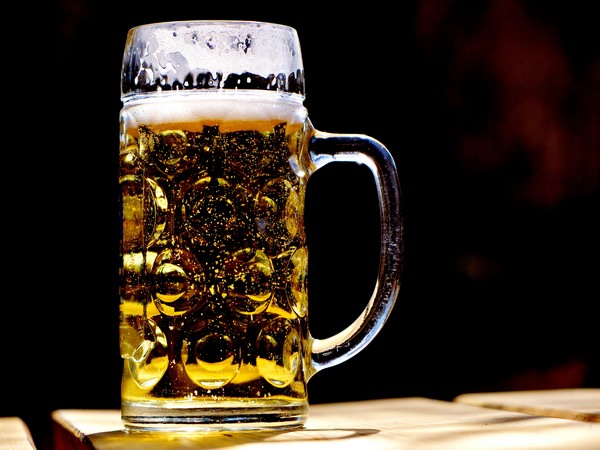

Researchers in Belgium have enhanced the flavour of modern beer by locating and genetically modifying a gene that contributes significantly to the flavour of beer and several other alcoholic beverages. The study has been published in the American Society for Microbiology journal Applied and Environmental Microbiology.
Beer was traditionally produced in open, horizontal vats. However, the industry transitioned to employing big, closed containers in the 1970s because they are more simpler to load, empty, and clean, allowing for higher production rates and lower costs. However, due to insufficient flavour production, these contemporary procedures produced beer of lower quality.
In the course of fermentation, yeast turns half of the mash’s sugar into ethanol and the other half into carbon dioxide. The issue is that the pressure of the carbon dioxide inside these sealed containers mutes flavour.
At Katholieke Universiteit, Johan Thevelein, PhD, an emeritus professor of Molecular Cell Biology, and his group invented a technique for identifying the genes in yeast that were in charge of crucial features for the industry. By analysing a vast number of yeast strains to determine which did the greatest job of maintaining flavour under pressure, they used this technology to identify the gene(s) responsible for the taste in beer. Thevelein, who founded NovelYeast and works with other businesses in industrial biotechnology, said they concentrated on a gene for a banana-like flavour because it is “one of the most essential flavours present in beer, as well as in other alcoholic drinks.”
To our surprise, we found a single mutation in the MDS3 gene, which encodes for a regulator seemingly involved in the synthesis of isoamyl acetate, the source of the banana-like flavour and which was accountable for the majority of the pressure tolerance in this particular yeast strain, said Thevelein.
Thevelein and colleagues next engineered this mutation in additional brewing strains using the cutting-edge gene editing technique CRISPR/Cas9, which also increased the bacteria’ tolerance of carbon dioxide pressure and enabled full taste. Thevelein stated that “it highlighted the scientific relevance of our discoveries and their commercial potential.”
Thevelein noted that the MDS3 protein is likely a component of an important regulatory pathway that may play a role in carbon dioxide inhibition of banana flavour production, adding that “how it does that is not clear.” He added that the mutation is the first insight into understanding the mechanism by which high carbon dioxide pressure may compromise the production of beer flavour.
Additionally, the method has proved effective in locating genetic components crucial for the synthesis of the rose taste by yeast in alcoholic beverages, as well as other commercially significant features including glycerol production and thermotolerance.